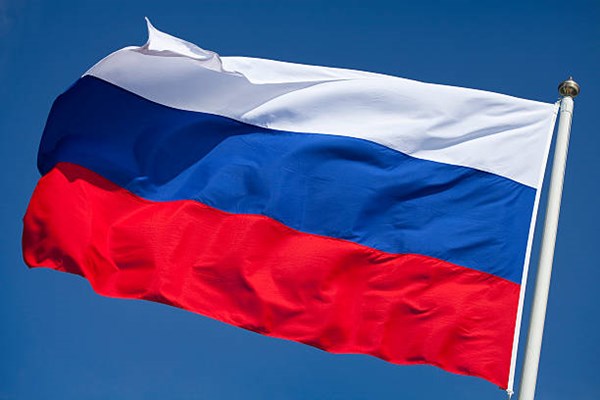Survey: Russia on par with Uganda in economic crimes
Russia has reached the world’s top five with respect to the levels of economic crimes against business. In the rating compiled by PricewaterhouseCoopers (PwC), Russia took fourth place, sharing this position with Uganda. Only in France, Kenya and South Africa do countries face economic crimes more frequently than in Russia.
These are crimes which are qualified as such by companies themselves, not by the government, and the incidents need not have featured in legal cases, PwC explains. The study “Countering fraud: what measures do companies take?” covered 54 countries. A survey of more than 200 Russian companies showed that between 2016 and 2017 the number of organizations affected by economic crimes increased drastically, and now 66% of respondents reported incidences of fraud, as opposed to 48% two years ago.
Both in Russia and in the world at large, the most common type of economic crime is the illegal appropriation of assets (53%). Bribery and corruption holds second place in Russia (41% as compared to 30% in 2016), although the world average for corruption was far lower (25%), RBC Daily reports.
The third most common type of fraud in Russia is related to the purchase of goods and services, and was reported by 35% of Russian respondents. This proportion is virtually unchanged in Russia compared to 2016 (33%), but this figure is still higher than the world average (22%). With respect to reported cases of cyber crimes, Russia falls short of the world average, with 24% as opposed to the global rate of 31%.
According to PwC, the primary damage to business from economic crimes is loss of finances and assets. In Russia 22% of the respondents who had been affected by economic crimes specified that the losses incurred due to these crimes had exceeded $1 million. For 41%, the losses did not exceed $100,000.
In the PwC study, misappropriation of an asset is considered an economic crime in its own right, but in Russia, criminal prosecution of economic staff is frequently used as an instrument of unfair competition warfare, observes Andrei Nazarov, co-chair of Delovaya Rossiya. As a result there is a redistribution of property, he says, and four fifths of business owners who have had legal cases filed against them have completely or partially lost their businesses.
The PwC report authors note that it cannot be said with certainty whether the objective level of economic crimes is growing, or merely companies’ ability to detect it. Nevertheless, a sharp increase in cases of fraud in recent years has been noted by respondents throughout the world, not just in Russia. The global level has grown from 36% to 49%.
